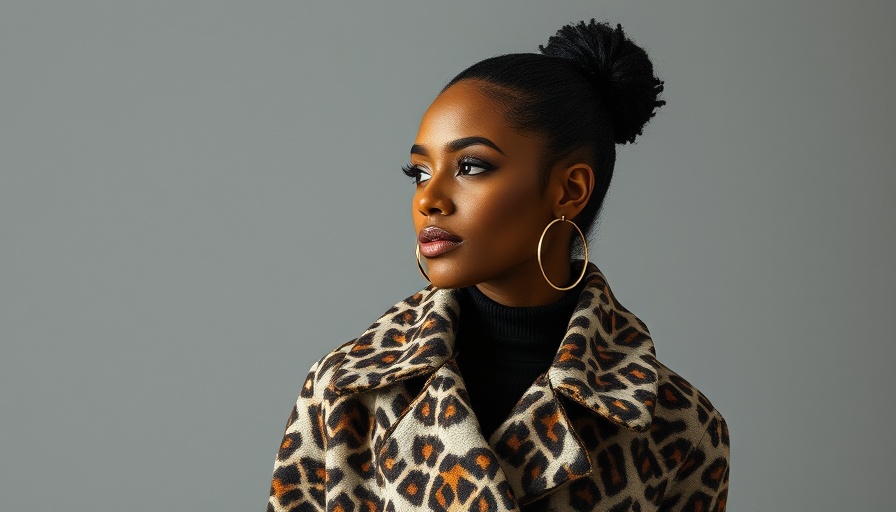
The Battle for Copyright: Hollywood vs. AI
In a bold move, over 400 Hollywood creatives—including notable figures like director Guillermo del Toro and actress Cynthia Erivo—have united to voice their concerns over impending changes to copyright laws in the age of artificial intelligence (AI). Their letter, sent to the U.S. government, emphatically states the importance of upholding copyright protections, illustrating the ideological battle brewing between the creative arts and rising tech giants.
The AI Action Plan: A Double-edged Sword
The White House’s AI Action Plan, currently in development, seeks to advance American competitiveness in AI technology. However, industry experts warn that easing copyright protections for AI companies could lead to significant losses for the creative sector. According to the letter, "There is no reason to weaken or eliminate the copyright protections that have helped America flourish." The discontent stems from perceptions that AI is leveraging copyrighted materials without proper authorization, thereby undermining the economic stability that the creative arts provide.
Voices from the Industry: The Artists' Perspective
Many artists feel an acute sense of betrayal as their original works are used to train AI models without consent. Writers guilds and film associations are not merely sounding the alarm; they are actively pressing studios to challenge AI companies legally. The concern is that popular scripts and content could be aggregated into AI without any revenue sharing, which threatens the livelihood of countless artists relying on their creative rights.
A Divided Landscape: Tech Companies' Arguments
The tech industry, led by players like Google and OpenAI, advocate for a broader interpretation of the “fair use” doctrine. They argue that allowing AI to learn from a vast array of existing content is crucial for maintaining a competitive edge, especially against global challengers like China. OpenAI's chief global affairs officer, Chris Lehane, warned that access to large datasets is vital for developing robust AI systems, making the case that limiting this access could hinder technological innovation.
Historical Context and Future Implications
The ongoing dialogue surrounding AI and copyright is not simply a contemporary issue; it echoes the historical tensions between technological advancement and intellectual property rights. Past debates regarding film adaptations and the internet have laid the groundwork for the current conversation. As AI continues to evolve, the implications on copyright law could redefine how personal and commercial creativity is respected in the digital age.
Why This Matters: The Emotional Connection to Creative Work
The core of this argument extends beyond legal frameworks; it touches upon the emotional and human aspect of creativity. For artists, their work symbolizes their identity and values. The fear of having this work exploited by AI companies removes the individual element of creativity, which relies on personal expression. As actor Joseph Gordon-Levitt remarked, artistic expression should not only be recognized but respected and compensated. This connection to one's work is paramount, influencing how culture evolves and how emotional bonds are formed between creators and consumers.
What Lies Ahead: Navigating the Future of AI and Copyright
As discussions continue, we could see the emergence of frameworks that balance the needs of the creative industry while accommodating the undeniable growth of AI technology. Considerations may arise regarding alternative licensing agreements that ensure artists receive fair compensation without stifling technological progress. The challenge will be to carve out models that validate both the essence of creativity and the imperative to innovate.
As the dialogue unfolds, it's vital for all stakeholders to remain engaged in the process. With ample voices from both industries, finding a compromise that honors artistic integrity will be critical to shaping the future landscape of both AI and the arts.
 Add Row
Add Row  Add
Add 




 Add Row
Add Row  Add
Add 

Write A Comment